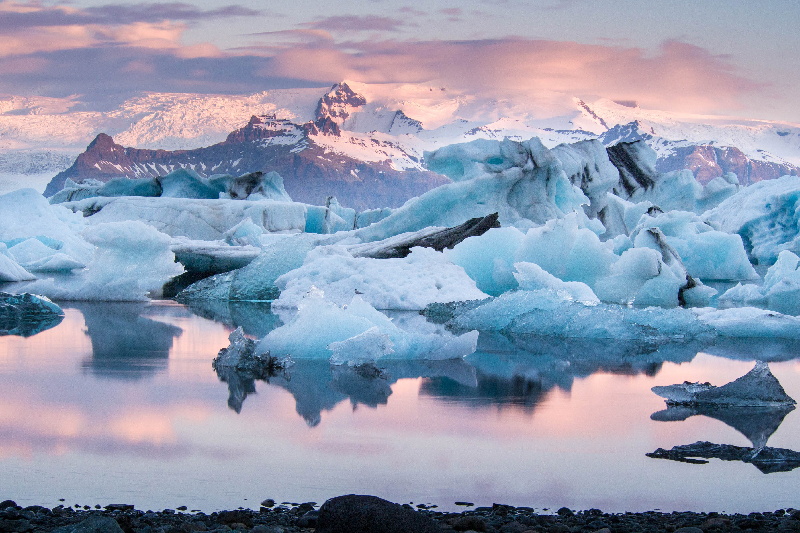

South Korea's Constitutional Court made history on Tuesday by commencing a hearing on a groundbreaking case charging the government of falling flat to secure its citizens
South Korea’s Constitutional Court made history on Tuesday by commencing a hearing on a groundbreaking case charging the government of falling flat to secure its citizens, counting various youthful natural activists and children, from the unfavorable impacts of climate change. This marks Asia’s first climate-related cases, highlighting the developing criticalness and worldwide noteworthiness of climate justice activities.
The offended parties, counting children and infants, have brought forward four petitions, dating back to 2020, beside one from a hatchling at the time, lovingly nicknamed Woodpecker. Their collective attestations emphasize the desperate need for quick and unequivocal activity to address the rising climate emergency. By starting legitimate procedures against the government, these offended parties are not only requesting responsibility but also challenging systemic insufficiencies in climate administration.
Plaintiffs’ Declarations and Legitimate Proceedings
The core of the plaintiffs’ contention lies in the dispute that South Korea’s current climate plans are insufficient to anticipate the temperature increment past 1.5 degrees Celsius, a limit considered basic by climate scientists to dodge disastrous and irreversible impacts. They attest that the government’s desire to require satisfactory measures to control carbon emanations and moderate climate dangers constitutes an infringement of their crucial rights.
The case has gathered critical consideration both locally and globally, with lawful specialists and natural advocates closely checking its procedures. On the off chance that it is effective, it seems to set a point of reference for future climate cases and compel governments around the world to receive more driven climate arrangements in line with their human rights commitments.
ALSO READ: Andhra Pradesh ASHAs advocate for recognition amidst govt’s delays
Government Reaction and Open Activism
In reaction to the plaintiffs’ charges, attorneys speaking to the government have contended that authorities are effectively seeking after measures to decrease carbon emissions and secure citizens’ rights. They have emphasized continuous endeavors to actualize climate arrangements and have proposed the plausibility of changing yearly targets for carbon decrease in light of advancing circumstances.
The government’s confirmations have been met with skepticism by activists and offended parties, who contend that discussion must be coordinated with concrete activity. Outside the court, dozens of youthful individuals, counting Woodpecker, have accumulated to voice their concerns and disappointments. Their energetic activism underscores the criticalness of the climate emergency and the need for governments to prioritize natural supportability and social justice.
Suggestions and Global Setting
The South Korean Constitutional Court’s thoughts on the climate change case hold critical suggestions for both national climate arrangement and the broader worldwide climate equity development. As courts around the world progressively weigh climate-related claims, counting later decisions in Europe, Australia, Brazil, and Peru, the South Korean case underscores the developing acknowledgment of climate change as a squeezing human rights issue.
Additionally, the case underscores the role of legal education in holding governments responsible for their climate commitments and guaranteeing security for current and future eras against the impacts of climate change. In any case of the result, the case speaks to a watershed moment in the battle against climate change and serves as a reviving cry for natural activism around the world.
The Martz Gold Line workers in Maryland marched out one early Thursday morning for the strike. They made their point…
Under a new partnership Ghana and the World Bank work to develop a Growth and Jobs Strategy that opens up…
Google has made remote work limits stricter by telling its workers that office work is required or they could risk…
The legislature of Connecticut has planned to move forward with the bill that would provide unemployment benefits to the people…
British Steel has issued the layoff notice of 2,700 employees, giving the steelworkers great relief. With the UK government intervening…
According to Reuters energy major ConocoPhillips says it will cut staff as a major result of its $23 billion purchase…
This website uses cookies.
Read More